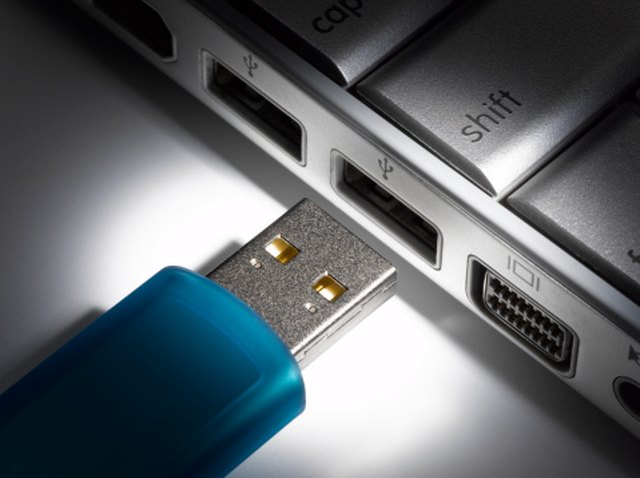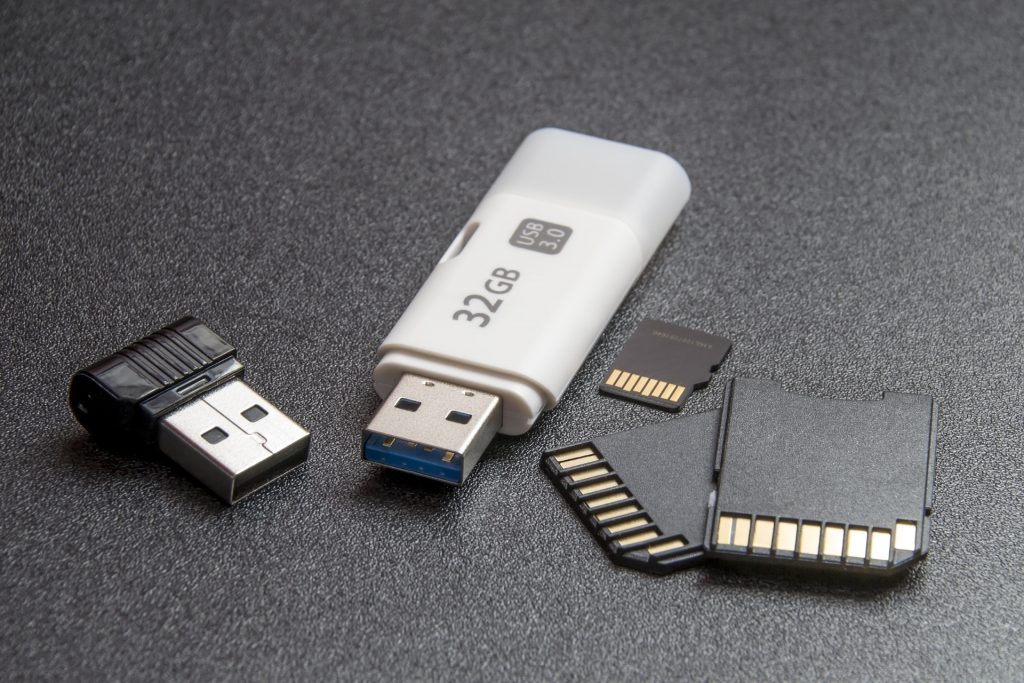

Method 2: Format USB Stick to NTFS with Command LineĬommand-Line can be very useful for creating a partition, formatting an existing partition, or even deleting a partition. Step 4: In the "File System" section, name your partition and then choose "NTFS" as the file system you would like to use in the "File System" field. Step 3: Right-click on the drive when you find it and then choose "Format" Step 2: Open the "Device Manager" and under "Disk Drives", locate the USB drive you would like to format. Step 1: Right-click on "My Computer" or "This PC" and select "Manage"
#How to reformat a usb drive to ntsf windows 10
With that said, you can format the USB drive to NTFS in Windows 10 using one of the following methods Method 1: Format Flash Drive to NTFS with Disk Managementįollow these simple steps to format a USB drive to NTFS with Disk Management So, you might want to back up all the data on the drive before attempting any of the two methods below.
#How to reformat a usb drive to ntsf how to
Part 2: How to Format USB Drive to NTFS in Windows 10?īefore we get to the different ways you can format a USB drive to NTFS in Windows 10, we must point out that formatting a drive always causes data loss.

The next section describes how to do that in different ways.

To get all these benefits on your USB drive, you need to perform format USB drive NTFS windows 10. Not sure which file format you should use? Check this related article on which format to choose? FAT32, NTFS, or exFAT? Some of these features include file permissions, a change journal that can be very useful when the system crashes and you want to recover a previous version, disk quota links, and many other features. Format NTFS also comes packed with better features than FAT32. One of its major characteristics is that has such a huge file size and partition size difference that it is almost impossible to run up against them. NTFS is a file system that was introduced in Windows XP. Part 1: What is NTFS Format for a USB Drive?


 0 kommentar(er)
0 kommentar(er)
